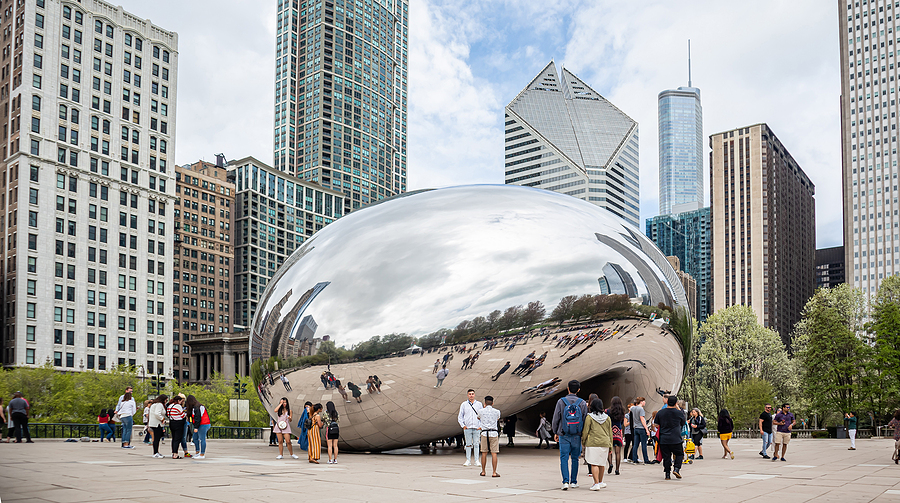
A Tumultuous Permit Process
After an extensive court hearing, on the first of this month, Judge Mitchell Ex decided that Southside Recycling had met all necessary requirements and overturned the decision to deny the firm a permit for its large recycling facility.
Southside Recycling’s original plans to open a new facility on Chicago’s southeast side were stopped in February 2022, when its application for an LRF permit was denied by city officials.
Serving as an advanced automobile shredding facility, Southside Recycling was created by Reserve Management Group, a Stow, Ohio-based organization. Among many features, the site includes a European-style enclosure to better contain noise and emissions that are often produced by recycling facilities.
“As of March 2021, Southside Recycling had met the LRF requirements for an operating permit,” Ex noted in his ruling.
“Pursuant to Chicago Department of Public Health guidelines, [Southside Recycling] should have been issued a permit or a denial notice within 60 days. Instead, at the direction of Mayor [Lori] Lightfoot, the Chicago Department of Public Health, acting without City Council legislative authority, paused the permit application process and initiated a health impact assessment, which itself lacked authorization from the council. As a result of the [health impact assessment], additional concerns were raised and included in the denial letter. For the most part, these additional concerns had never been raised before, although the Chicago Department of Public Health was aware of, or should have been aware of, the items prior to February 2022.”
Plans to Appeal the Ruling
Because of multiple issues, a rejection letter was initially passed down. This included a health impact assessment, inquiries about four associated firms and worries that there had been inadequate transparency and responsiveness during the application process.
“As noted, some raise legal issues, others involve factual determinations. It is not possible to separate out any one item from another to determine how much weight the commissioner gave to any individual item(s). Accordingly, for the reasons listed in the [Findings, Decisions & Order letter], the determination of the commissioner of the Chicago Department of Public Health to deny a recycling permit to [Southside Recycling] is vacated.”
Brandon Johnson, the current mayor of Chicago, has until July 5 to submit an appeal against the recent order. In a statement delivered to Recycling Today, he expressed his disapproval of the decision.
“My administration stands firmly behind CDPH’s permit denial and the comprehensive review that led to it. We will immediately appeal the administrative judge’s ruling and continue our fight to uphold our authority under the law to make decisions that protect the environment, health and quality of life for residents of the 10th ward and all environmental justice communities.”
He adds, “Our decision to appeal is guided in large part by the Health Impact Assessment conducted by CDPH, under the guidance of the U.S. Environmental Protection Agency (U.S. EPA), that found that certain census block groups in the Southeast Side community rank among the highest in Chicago for vulnerability to air pollution, based on underlying health and social conditions.”
It has been revealed by recent research done by the HIA that life on Chicago’s southeast side has been impacted negatively due to industrial activity, and the group feels that adding a Southside Recycling plant would only compound these issues.
A “Victory” for Southside Recycling
After encountering numerous disheartening setbacks, Southside Recycling has finally been granted a “welcomed victory.” According to an interview with Recycling Today, the company expressed its joy over this development.
“We will persist in our effort to operate the most environmentally conscious metal recycling facility in the country, which independent experts have repeatedly found fully satisfies state and federal benchmarks that protect public health and the environment,” the company says.
“The hearing exposed the city’s failure to follow its own rules and ordinances. The administrative law judge found that we had met all the rules and requirements for an operating permit and a decision should have been issued within 60 days of March 2021. We will continue pursuing all of our rights and remedies, including our pending lawsuit, which has been on hold, to fully develop the facts supporting our claim for hundreds of millions of dollars in damages. By allowing politics to hijack the apolitical permitting process governed by laws and regulations, the city demonstrated that it is not a reliable business partner, regardless of the risk to taxpayers.”
